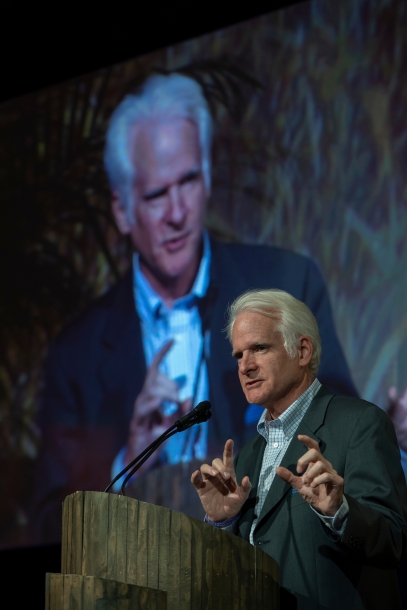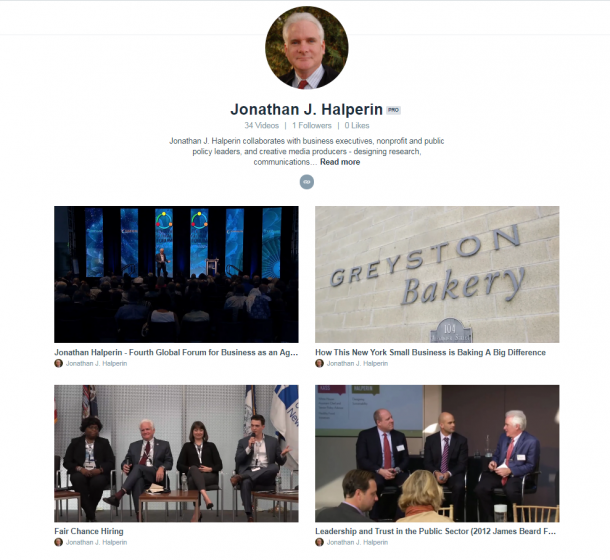You are here
Saving Souls or Changing Systems?
Change is such a complex issue: constant and inevitable, deep and rich but yet sometimes seeming like a black hole – guided by the interplay of forces we barely understand or see. Theories of social change struggle to identify patterns, to single out critically important factors, to draw discrete lessons learned. Systems thinking, mind-mapping, root-cause analysis are approaches that help us grapple with not only understanding change, but also with how to effect change – to guide it, channel it, manage it rather than merely adjust to it.
Change is such a complex issue: constant and inevitable, deep and rich but yet sometimes seeming like a black hole – guided by the interplay of forces we barely understand or see. Theories of social change struggle to identify patterns, to single out critically important factors, to draw discrete lessons learned. Systems thinking, mind-mapping, root-cause analysis are approaches that help us grapple with not only understanding change, but also with how to effect change – to guide it, channel it, manage it rather than merely adjust to it. From Peter Senge’s work on theories of change and organizational behavior (which he presented at Sustainable Food Lab last summer), to discussions this week among foundation executives at the opening of the Council on Foundations CEO retreat meeting, theories of change are front and center for many civil society and corporate leaders. While the search continues for the holy grail, the magic wand, to drive change, the complexity of our world cuts against finding a singular method or approach.
But the interconnectedness of our world also creates leverage- and choke-points, in both the concrete and digital spaces we inhabit. While the Occupy Wall Street demonstrators plot next steps after their recent physical eviction from Zuccotti Park, the leaders of the Susan G. Komen Fund are still licking their wounds from an amazing stumble. That the Komen leadership thought a fine-print change in grant-making policy, a politically engineered sleight of hand designed to prohibit continued funding of Planned Parenthood, would go unnoticed is a stunning lesson in misunderstanding the dynamics of engaged stakeholders. This is all the more remarkable because the Komen fund is all about engagement of stakeholders who literally walk the talk!
The Komen debacle also brings to mind other efforts to engineer change via ‘invisible’ or back-door channels. Robert Moses, who changed the face of New York City over decades as the city’s controversial “master designer” engineered the bridges over the Long Island Expressway to Jones Beach to be too low for buses. If you wanted to get to the ‘public’ beach, you needed private wheels.
While change can be engineered this way, as I discussed recently with Carol Larson from the Packard Foundation, there is today a crying need for civil discourse. Amidst presentations on strategic philanthropy across generations, call for urgent action, and counsel to plan grantmaking carefully for maximum effectiveness, there was recognition that we need space where champions of the public good can design compromises that are high on delivery of needed services and low on ideological bombast.
Even among like-minded people, however, what type of change should be the priority? How can we meet today’s urgent needs while also driving systemic change? People need clean drinking water today. A hungry person needs food now, not ten years after some policy change takes hold. Domestic violence needs to stop before one more woman or child is beaten. But if one imagines the story of the Good Samaritan being played out day after day after day--the beaten soul, ignored by pious leaders, is comforted by a common person—at one point do we move beyond praising the humanity of the common person and ask who is doing the beating and what do we do to put a stop to it?
As we race for the cure – a vital effort – should we not also be charging ahead with determining how we stop the scourge of cancer? While greater detection obviously accounts for some of the rise in cancer rates, it is equally obvious that these specific changes (at global and cellular levels) are neither inevitable nor natural. What does root-cause analysis tell us about cancer? How is it related to the world we have made for ourselves – related to actions taken and resultant consequences, even if unintended?
Bill Drayton, the visionary founder of Ashoka, sees social entrepreneurs as the key to devising solutions to embedded, systemic problems. Spinning the traditional development metaphor about giving either a fish, a fishing rod, or teaching someone to fish, he describes a social entrepreneur as someone who won’t stop until the fishing industry is revolutionized. And while he is, of course, right, while that revolution is happening over some years, what do we do about that family on the edge of starvation that was really hoping for a fish to make it through the day?
There is so much to do to “repair the world.” But we had best be sure we are asking the right questions before we put too much faith and resources in the answers.
- jonathan.halperin's blog
- Log in or register to post comments

